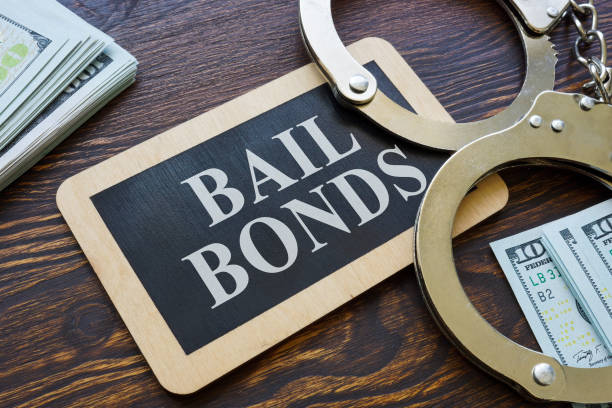Essential Specifics About Bonds

When a lot of people think of bonds, it's 007 that comes to mind and which actor they have preferred in the past. Bonds aren’t just secret agents though, they are a kind of investment too.

What are bonds?
Basically, a bond is loan. When you purchase a bond you are lending money to the government or company that issued it. In return for the loan, they're going to provide you with regular interest payments, as well as the original amount back following the word.
As with every loan, there is always the danger that this company or government won't pay out back your original investment, or that they will neglect to continue their charges.
Buying bonds
While it's feasible for that you buy bonds yourself, it's not easy and simple move to make and it tends require a large amount of research into reports and accounts and be fairly dear.
Investors might discover that it is much more effortless buy a fund that invests in bonds. It's two main advantages. Firstly, your cash is coupled with investments from lots of other people, which means it can be spread across a variety of bonds in ways that you couldn't achieve if you were investing on your individual. Secondly, professionals are researching the complete bond market on your behalf.
However, because of the blend of underlying investments, bond funds do not invariably promise a hard and fast account balance, therefore the yield you obtain can vary.
Understanding the lingo
Regardless if you are picking a fund or buying bonds directly, you will find three keywords which can be necessary to know: principal; coupon and maturity.
The primary will be the amount you lend the business or government issuing the bond.
The coupon may be the regular interest payment you get for purchasing the bond. It is a fixed amount that is set if the bond is issued and is also referred to as the 'income' or 'yield'.
The maturity could be the date in the event the loan expires as well as the principal is repaid.
The different sorts of bond explained
There's two main issuers of bonds: governments and corporations.
Bond issuers are normally graded based on their ability to pay back their debt, This is what's called their credit score.
A company or government which has a high credit score is known as 'investment grade'. This means you are less inclined to generate losses on their own bonds, but you'll probably get less interest also.
On the other end of the spectrum, an organization or government having a low credit standing is recognized as 'high yield'. Since the issuer includes a and the higher chances of failing to repay your loan, the interest paid is generally higher too, to stimulate website visitors to buy their bonds.
How can bonds work?
Bonds could be in love with and traded - like a company's shares. This means that their price can move up and down, depending on many factors.
The four main influences on bond costs are: interest levels; inflation; issuer outlook, and supply and demand.
Interest levels
Normally, when interest levels fall so bond yields, nevertheless the price of a bond increases. Likewise, as rates of interest rise, yields improve but bond prices fall. This is known as 'interest rate risk'.
If you wish to sell your bond and acquire a refund before it reaches maturity, you might want to do this when yields are higher and prices are lower, therefore you would go back less than you originally invested. Monthly interest risk decreases as you grow better the maturity date of an bond.
As an example this, imagine there is a choice from your family savings that pays 0.5% plus a bond which offers interest of just one.25%. You may decide the bond is more attractive.
Inflation
As the income paid by bonds is usually fixed during the time these are issued, high or rising inflation can be a problem, mainly because it erodes the real return you receive.
For example, a bond paying interest of 5% may seem good in isolation, but if inflation is running at 4.5%, the true return (or return after adjusting for inflation), is only 0.5%. However, if inflation is falling, the bond could be more appealing.
You will find such things as index-linked bonds, however, which you can use to mitigate the potential risk of inflation. The need for the loan of the bonds, as well as the regular income payments you obtain, are adjusted in line with inflation. Which means that if inflation rises, your coupon payments along with the amount you're going to get back go up too, and the opposite way round.
Issuer outlook
As being a company's or government's fortunes may worsen or improve, the cost of a bond may rise or fall on account of their prospects. As an example, if they are experiencing trouble, their credit rating may fall. The risk of an organization not being able to pay a yield or being struggling to repay the capital is known as 'credit risk' or 'default risk'.
In case a government or company does default, bond investors are higher the ranking than equity investors in terms of getting money returned to them by administrators. For this reason bonds are generally deemed less risky than equities.
Supply and demand
If your lot of companies or governments suddenly must borrow, you will see many bonds for investors to pick from, so prices are more likely to fall. Equally, if more investors are interested than you'll find bonds being offered, cost is likely to rise.
More details about bonds near me visit our net page
